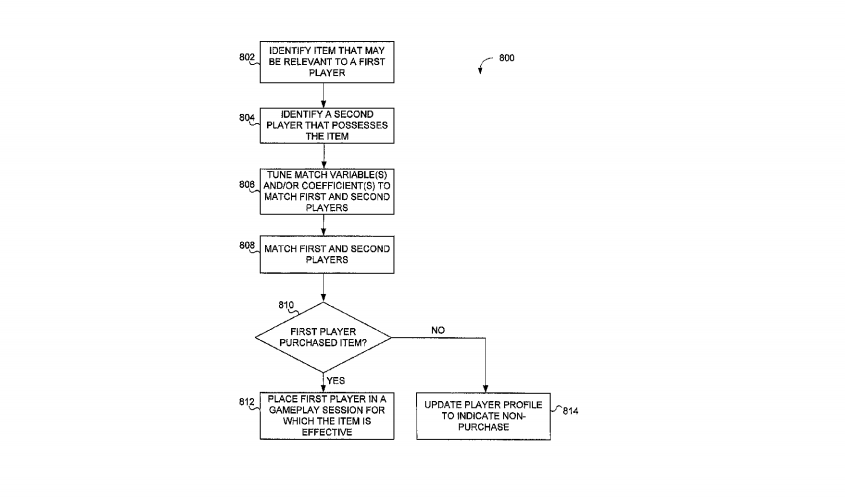If you or someone you know has been affected by loot boxes or gambling in games, then i would encourage you to fill out the form linked on this page. The Department of Culture, Media and Sport has called for evidence from the public. So input would be appreciated. Hopefully with a concerted effort we can either get them banned or regulated as gambling, which they clearly are.
https://www.gov.uk/government/consultations/loot-boxes-in-video-games-call-for-evidence
Obviously this is only open to people from the UK. Stories like the following are becoming all too frequent. And i worry about young people and the games that they play. The NHS has set up a dedicated clinic to help kids who have become gambling addicts. And a lot of this starts in the games they play.
https://www.mirror.co.uk/news/uk-news/gambling-addict-kids-losing-up-22900268#comments-sectionhttps://www.mirror.co.uk/news/uk-news/gambling-addict-kids-losing-up-22900268#comments-section
https://www.gov.uk/government/consultations/loot-boxes-in-video-games-call-for-evidence
Obviously this is only open to people from the UK. Stories like the following are becoming all too frequent. And i worry about young people and the games that they play. The NHS has set up a dedicated clinic to help kids who have become gambling addicts. And a lot of this starts in the games they play.
https://www.mirror.co.uk/news/uk-news/gambling-addict-kids-losing-up-22900268#comments-sectionhttps://www.mirror.co.uk/news/uk-news/gambling-addict-kids-losing-up-22900268#comments-section


